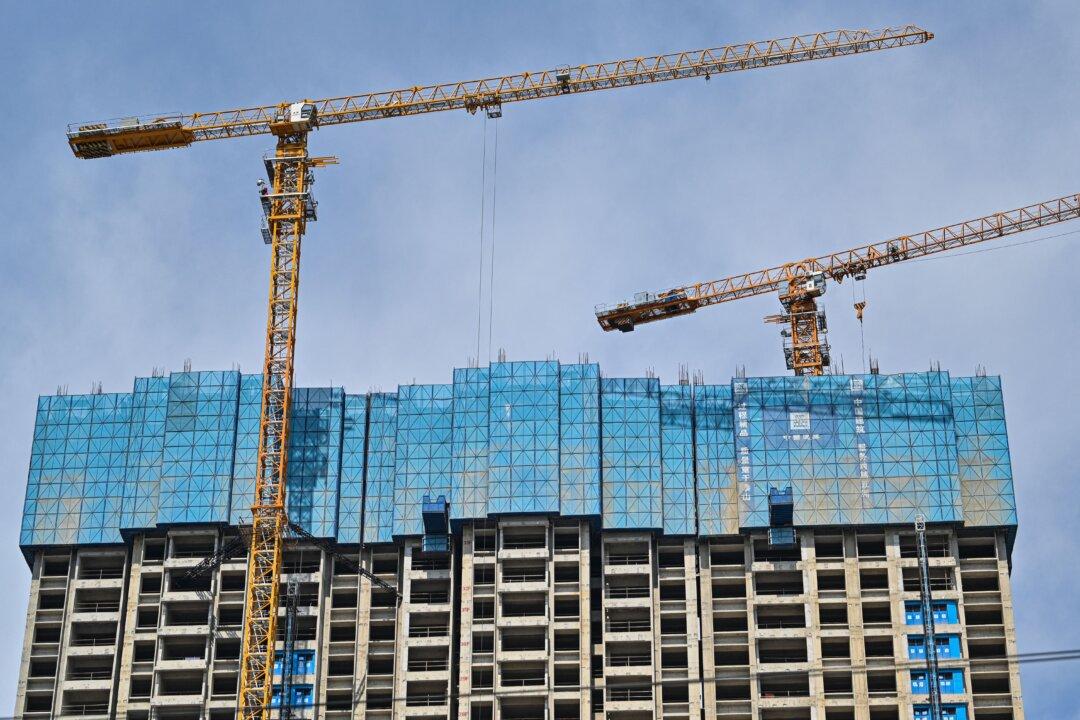Commentary
As China’s economy continues to spiral downward, the Chinese Communist Party (CCP) has initiated a significant plan for the government to buy back unsold homes from developers and repurpose them as affordable housing.

As China’s economy continues to spiral downward, the Chinese Communist Party (CCP) has initiated a significant plan for the government to buy back unsold homes from developers and repurpose them as affordable housing.